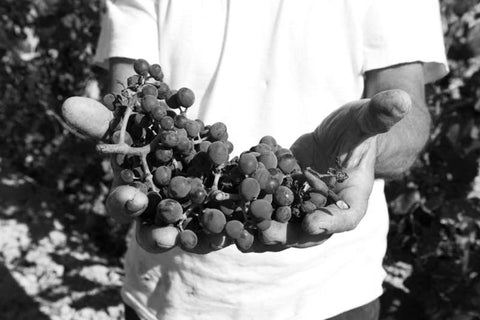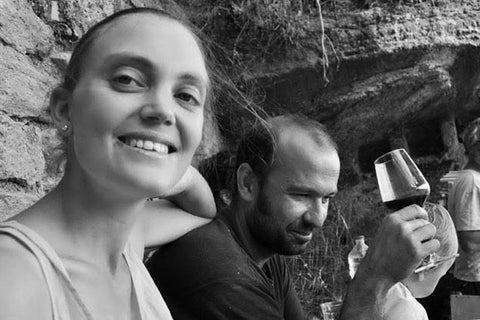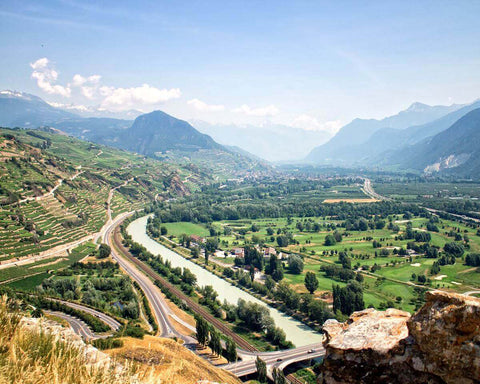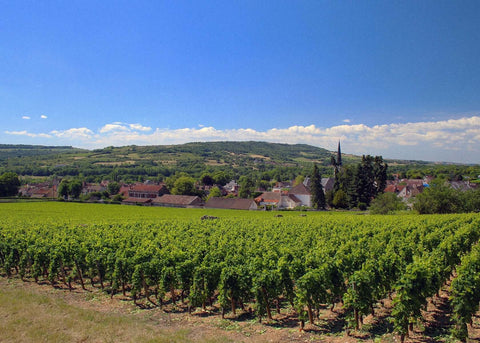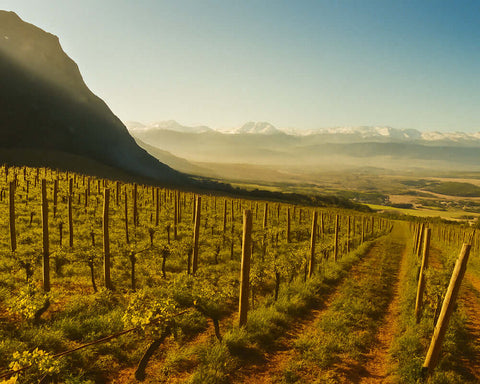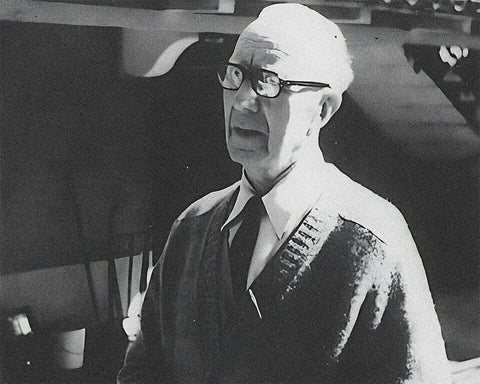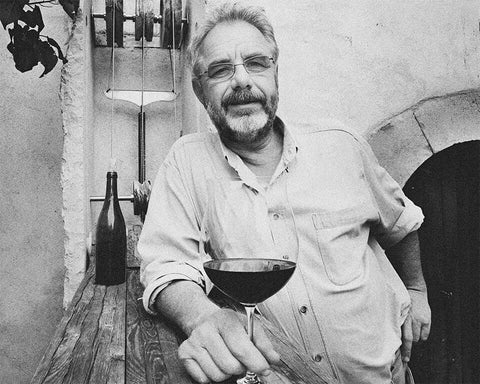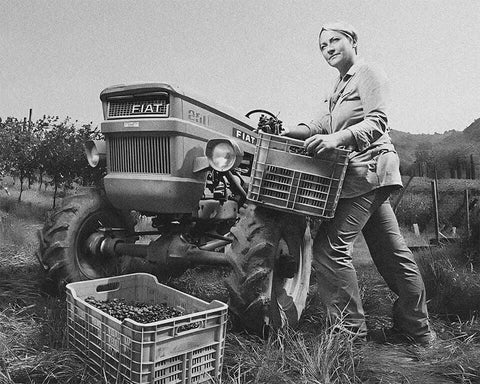Perhaps the phrase that best summarises Alessandro Dettori’s approach to winemaking and Tenute Dettori's wines is found on the back labels: “I don’t follow the market, I make the wines that I like to drink, wines of my terroir, wines of Sennori. They are what they are and not what you would like them to be.”
The Dettori biodynamic estate, a legendary name in the world of natural wines and beyond, is located in the heart of the Mediterranean in beautiful Sardinia, precisely in the Badde Nigolosu sub-zone of Romangia, in the island’s North-West. It’s a ruggedly and stunningly beautiful land of ancient traditions and rich culture. Dettori’s vineyards grow on a hilly plateau, a sort of natural amphitheater, overlooking the shimmering, crystal-clear turquoise waters of the Gulf of Asinara.
Alessandro, who has been a fervent advocate and wise practitioner of the biodynamic arts from well before it became fashionable, likes to say with regards to viticulture and winemaking, respectively, that “that which is alive needs life to nourish it” and that “we celebrate and strengthen the centuries-old marriage between humankind and the surrounding environment.”
At Tenute Dettori soils are diverse but mainly clay-based with sandstones and display a typical pale cream color. The grape varietals grown are the typical Sardinian and Romangian ones: Cannonau, Bovale, Monica, Vermentino, and Moscato di Sennori. Vines are old, venerably wise one could say, with the oldest Cannonau plants dating back to 1883 – yes, you read that correctly! Tenute Dettori's treasure of biodiversity is almost overwhelming in its richness, with vines thriving among arbutus berries, aromatic herbs, fig, and prickly pear trees, as well as wildlife such as hawks, and wild boars roaming free in perfect harmony.
When does Alessandro determine the perfect moment for harvest? While others may prefer to apply complex theorems and calculations, he’s guided by experience and ancestral wisdom: “You must stroll through the vineyards and “chew” the grapes.” The cellar is dug deep into the earth so as to benefit from stable and low temperatures even during Sardinia’s sweltering summers. In the cellar, there is a custom-made steel table so that hand-harvested grapes can be manually selected, destemmed, and guided to the respective cuvees. Both white and red wines macerate on the skins for a time ranging from a few up to 20 days. Both undergo spontaneous fermentation and elevage take place in old cement vats, so as to best preserve the inner soul and aromas of the grapes. No additives are ever used, as well as no fining or filtration, making these wines a shiningly pure mirror of Romangia's terroir.
Author: Giovanni Segni ©
